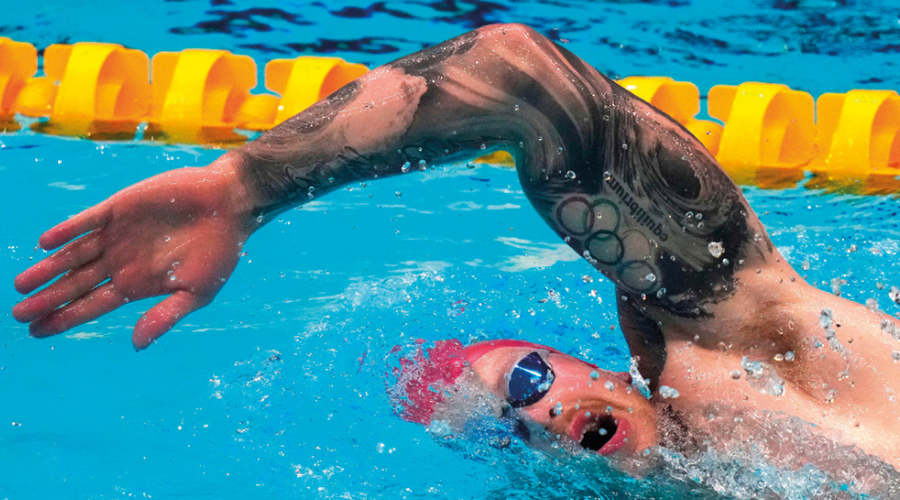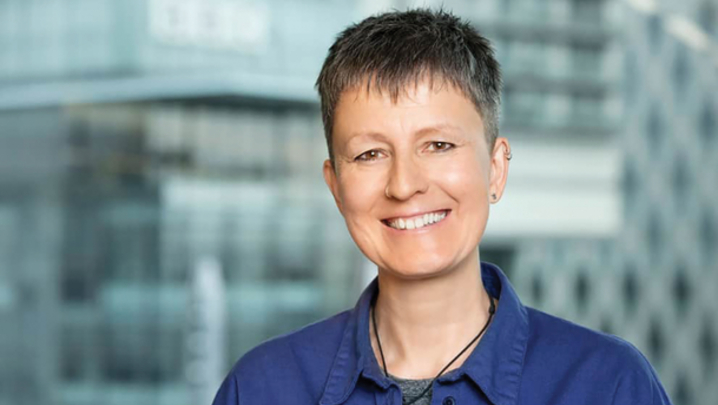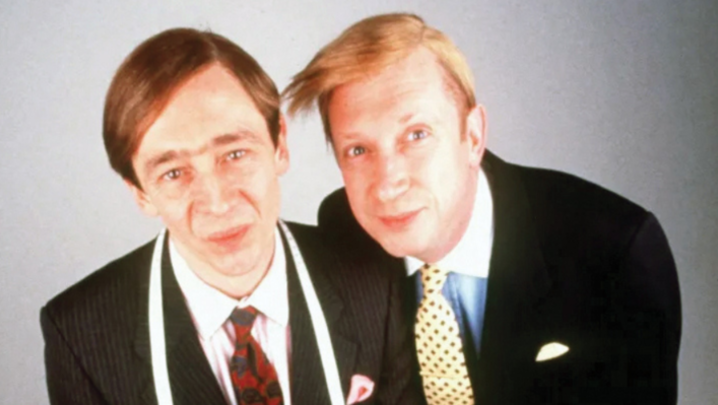The Paris Olympics are a showcase for Warner Bros. Discovery and the event’s long-term partner, the BBC.
Viewers already groaning under a surfeit of TV sport this summer ain’t seen nothin’ yet – the Paris Olympics is a whole different ball game. Or, more accurately, 329 different medal events, from traditional athletics, cycling and swimming to newfangled climbing and skateboarding.
And they can watch every minute of it live – 3,800 hours in 19 days – across Warner Bros. Discovery’s (WBD) outlets, whether that’s Discovery+, the revamped streaming platform Max (elsewhere in Europe) or linear channels Eurosport 1 and 2. And don’t forget the BBC, the UK’s long-term Olympic broadcaster, which is also offering wall-to-wall coverage.
As the Olympics rights holder and distributor, WBD has sublicensed rights to public service broadcasters around Europe, including the BBC, which can show two live events at one time. At peak Olympics, the global media and entertainment company estimates it will be offering 54 concurrent streams, from athletics to wrestling.
For a broadcaster, covering Paris 2024 is a truly Herculean task, although cleaning the Augean stables in a day or capturing Cerberus are not yet Olympic sports. The responsibility at WBD Sports Europe falls on Scott Young, Group Senior Vice-President for Content, Production and Business Operations. At the Australian’s disposal are 3,000-plus people worldwide working on the Games, including 800 crew in Paris, and 420 commentators across Europe offering expert opinion in 19 languages.
Is he anxious? “No, I’m not nervous,” he maintains. “It’s an extraordinary privilege to be able to work on live sport in general, but particularly the Olympic Games.”
WBD’s coverage has been three years in the planning since the Tokyo Games of 2021, which were delayed a year by the pandemic.
The US media giant has worked closely with the host broadcaster, Olympic Broadcasting Services (OBS), which provides pictures and sound to rights holders. “The modern-day era of sports broadcasting has small cameras, and microphones… and a more immersive technology offering that allows us to get closer to the field of play. All of that is in use by OBS for these Games, which will take people closer to the competition… than we’ve ever been before,” says Young.
WBD’s role, he continues, “is to bring to life the achievements of the 10,500 athletes who will descend on France, and particularly Paris, in a matter of weeks. Telling those stories is the most important thing [we’re] focused on.
“We will have more live sport than you are possibly able to consume, but, whatever your favourite sport, you’ll be able to find it across all platforms.”
The BBC is on a similar mission, albeit on a much smaller scale. “Having a Games for the first time in our own air time [since London] is absolutely brilliant – it’s going to feel a lot like 2012… with another wonderful, iconic city as the backdrop,” reckons Ron Chakraborty. The Head of Major Events and General Sport at BBC Sport will be marking his seventh summer Olympics.
Chakraborty is talking to Television shortly before “heading down to the Wimbledon bunker.… These are my last few days as a free man this summer.”
He adds: “The combination of [not having] a time difference or Covid is going to make a massive difference to how we do the Games. Usually, if we’ve got a Games on the other side of the world, we don’t tend to invest as much.”
This was especially so at Tokyo 2021, where the studio and commentators were holed up at BBC Sport’s Salford HQ. “We had a minimal crew on the ground in Tokyo,” he says. “It was a tough one to get through – as well as all the [Covid] procedures; you were watching the men’s 100m final, normally this great moment, in an empty stadium.”
“In Paris, we’re back with full crowds; it’s a Games in our air time so we can really invest in it because we know the audience is there.”
The BBC will be presenting the action, which starts on 24 July, from a studio overlooking the Eiffel Tower with a team that includes Gabby Logan, Clare Balding, JJ Chalmers, Isa Guha, Hazel Irvine, Mark Chapman and Jeanette Kwakye.
A dozen or so commentary lineups will be based in Paris; as will news gathering, radio and social media teams, and a few broadcast engineers at the International Broadcast Centre in the city. The BBC’s production galleries, however, will remain in the UK. “We’ve got more used since Covid to remote production.… It was the natural step to do the Olympics [remotely],” says Chakraborty.
Editorially, he says, the BBC will be focusing on “medal moments, especially [for] Great Britain – they’re the moments that bring the nation together. They’re obviously our priority. If there are great stories elsewhere, whether it’s international stars or human interest stories, you try to reflect them in the coverage as well.”
The most popular events – swimming, athletics and gymnastics – will be the centrepiece of the BBC’s primetime coverage, but not to the exclusion of smaller sports. “It’s about reflecting all the fun of the fair with the Olympics and making sure you get around as many sports as possible,” he explains.
Unlike London, Paris doesn’t have an Olympic park; it is spreading events around the city, making the most of iconic locations – equestrian events are at the Palace of Versailles, beach volleyball is in the shadow of the Eiffel Tower, skateboarding is at Place de la Concorde and the opening ceremony is on the Seine.
What would be a successful Games for the two broadcasters? “It’s not about the BBC. The stars of the Games are the athletes… If we’ve told their stories, made people cheer and cry, and brought the nation together, that’s our job. If we’ve done that well, I’ll be very happy,” says Chakraborty.
Similarly for Young: “Success for us is to capture the story of the Olympic Games… not just the [athletes’] story, but also the story of Paris hosting the Olympics… in a country that genuinely does love live sport.”
He adds: “The Milano Cortina [Winter Olympics] are just 18 months after the closing ceremony, so… we’re already in the planning stages, as is every other Olympic broadcaster. We roll on.”
Question & Answer
Which events are you most looking forward to?
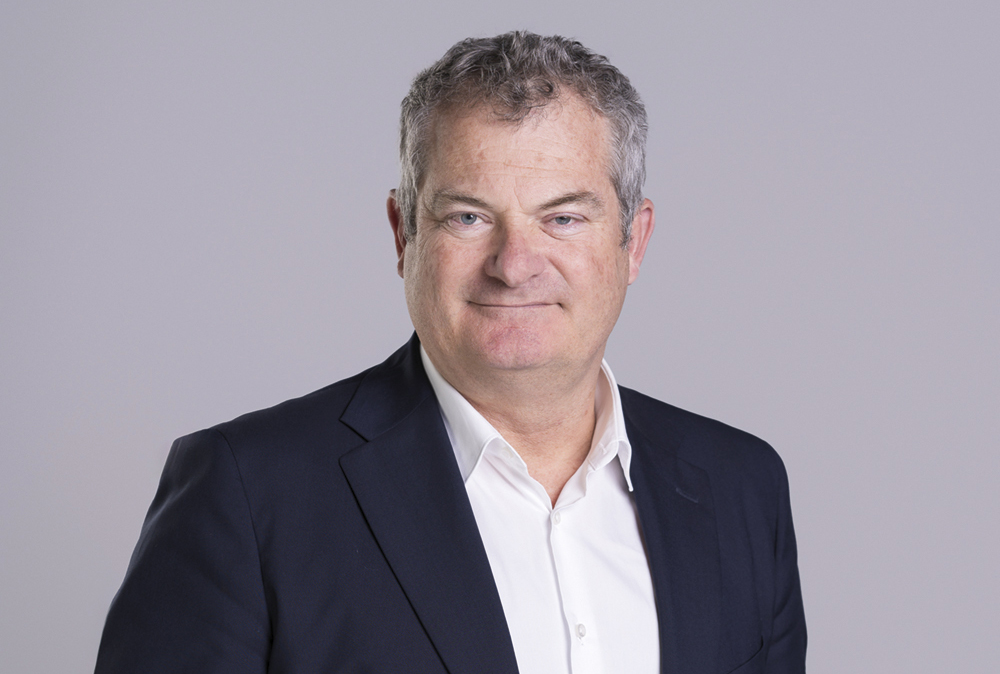
(credit: Warner Bros.
Discovery)
Scott Young, Warner Bros. Discovery: The initial days of Olympic Games broadcasting are always the most challenging…. As an Australian, I always love watching swimming at the Olympics, so I’ll try to get out to the swimming centre.
Ron Chakraborty, BBC: After [the hectic] first week, I hope to visit the commentary teams and also Place de la Concorde for skateboarding, BMX freestyle, 3x3 basketball and the breaking [breakdancing]. That’s going to be a great atmosphere and, if I can get out to the athletics.… Great Britain have got a few great medal chances.
What’s your favourite Olympic memory?
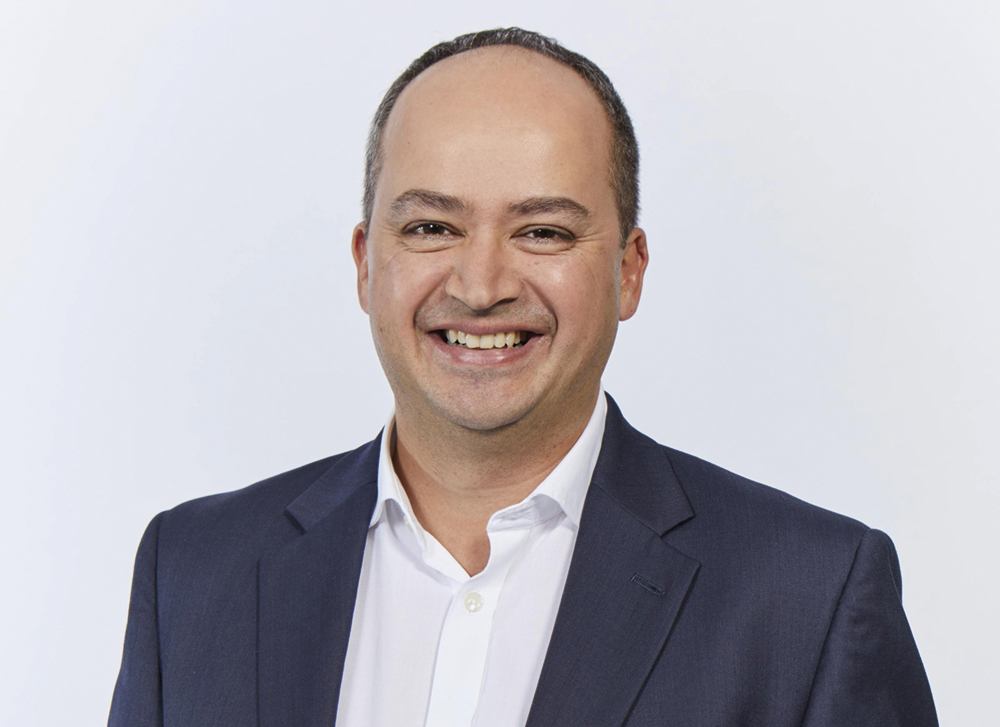
(credit: BBC)
Scott Young: It would be hard to move past the Sydney Olympics. I was privileged enough to be in the arena when Cathy Freeman won her gold medal. Watching a proud nation stand up and celebrate [her] for everything that she had achieved, with the weight of the country on her shoulders, was quite a remarkable event.
Ron Chakraborty: I should go for 2012 – I was in the stadium for ‘Super Saturday’, which was amazing – but I’m still blown away by going to Sydney for my first Olympics.
I was working on a local paper in Slough a year before and suddenly I’ve gone to the other side of the world to cover the Olympics for the BBC. It was a brilliant Games.

